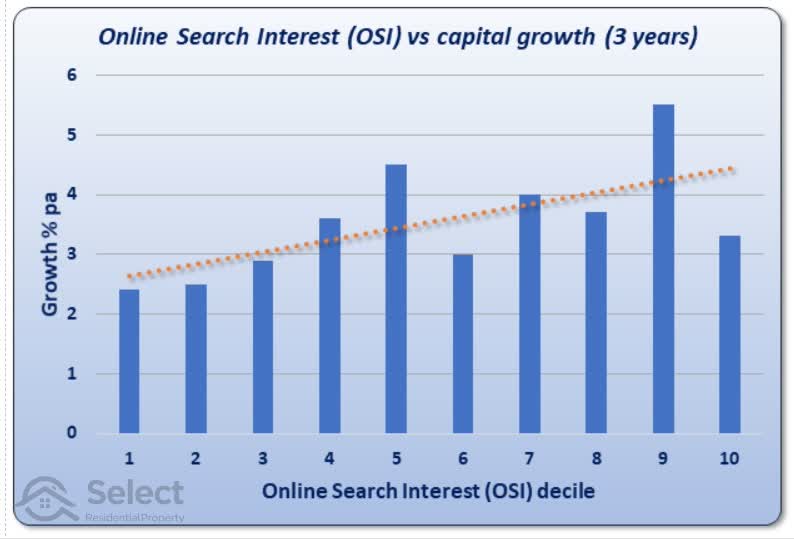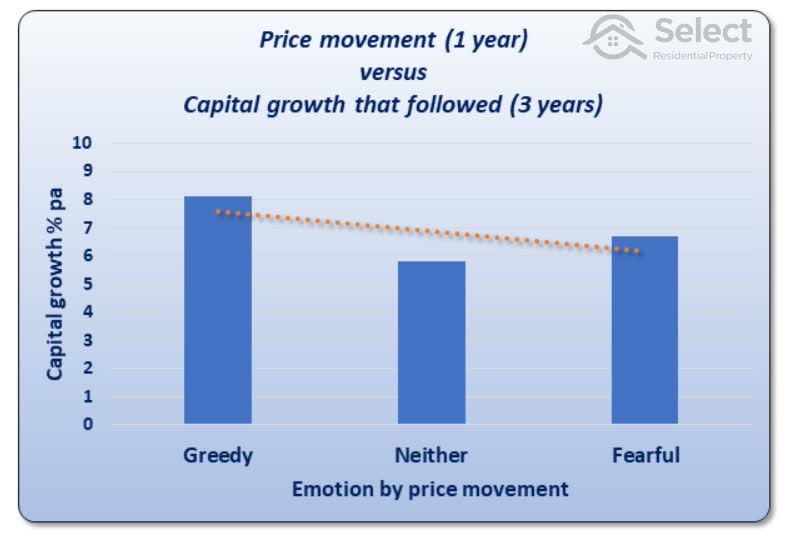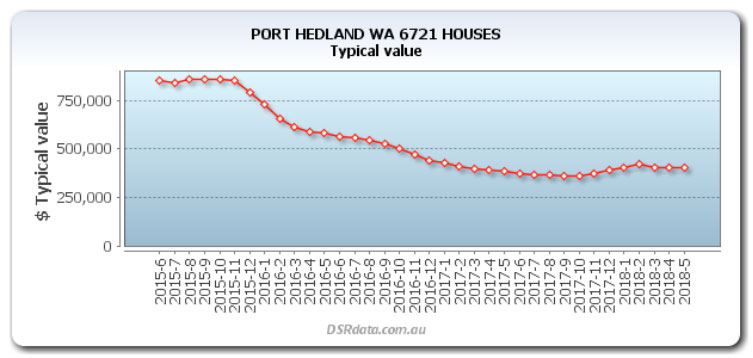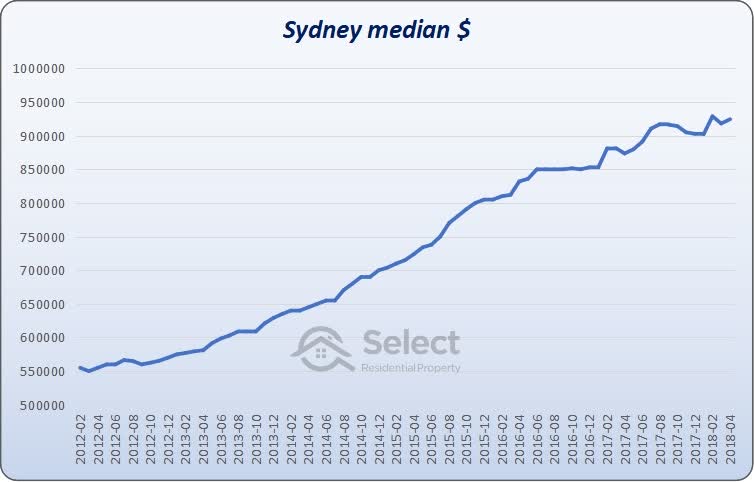All Topics / General Property / Expert Bust #28 Be greedy when others are fearful?
I can’t count the number of “experts” in Aussie real estate I’ve heard mis-use Buffet’s quote. It might work well in the share market, the context Buffet intended for it, but historical data suggests applying it to property investing is a clear mistake.
Why, because investors make their decisions to buy or to sell for financial reasons, but property owners might just want a roof over their head at night. How many home owners would sell up just to stop losses in a falling market?
And how exactly do we know if the market is greedy or fearful? One possible metric is the Online Search Interest (OSI). It’s a count of the number of searches conducted online recorded by realestate.com.au or domain.com.au in a specific suburb over the last month, versus the number of properties for sale in that suburb over the last month.

The chart shows a correlation between more online searches and higher capital growth. This chart combines all the 3-year periods since records of OSI began back in 2010.
Perhaps OSI is not the best measure of greed/fear. Perhaps a better measure can be derived from the direction in which prices are moving.
- Up = greed
- Down = fear
- Flat = neither
Following this strategy, we would buy into markets that are falling.

As you can see, the suburbs classified as Greedy had better growth than those classified as fearful or neither. These 3-year periods were obtained country-wide over the last 25 years.
When the resources boom ended in 2015, there were many “fearful” investors trying to sell off properties in mining towns like Port Hedland.
If we were to buy when others are fearful, we would be buying into those markets towards the end of 2015 when everyone else was gripped with fear. That’s a half a million-dollar loss from being greedy when others were fearful.
But that’s a one-off case affecting only a small number of investors. Here’s a case affecting hundreds of thousands of them…

I remember the media around this time had a fair deal of hate directed at “greedy” property investors causing price boom. If we were to be fearful while those investors were being greedy, we would have sold in 2013 or maybe 2014 and lost a lot of upside, around quarter of a mil.
Perhaps I’ve got it all wrong about who the “others” are. Be greedy when others are fearful. Who are the others? What if everyone followed this advice? How do we know everyone isn’t already following this advice? After all, it seems like everyone has heard it.If everyone is following this advice, then everyone would be the “others”. So, we’d have to do the opposite of the others which is to not follow the advice, which would mean not doing the opposite of everyone else which would mean following the heard… [brain melted here]
There’s a few problems with this simple phrase from a practical perspective:
- Who are the “others”?
- How is their fear measured?
- How is their greed measured?
Historically, it makes sense to follow the heard so long as you have your ear to the ground and don’t learn of the heard’s movement, just before it turns.
But since everyone loves to be a contrarian, how about this: Buy in a seller’s market (and maybe sell in a buyer’s market too).
Jeremy Sheppard
https://selectresidentialproperty.com.au/
You must be logged in to reply to this topic. If you don't have an account, you can register here.








